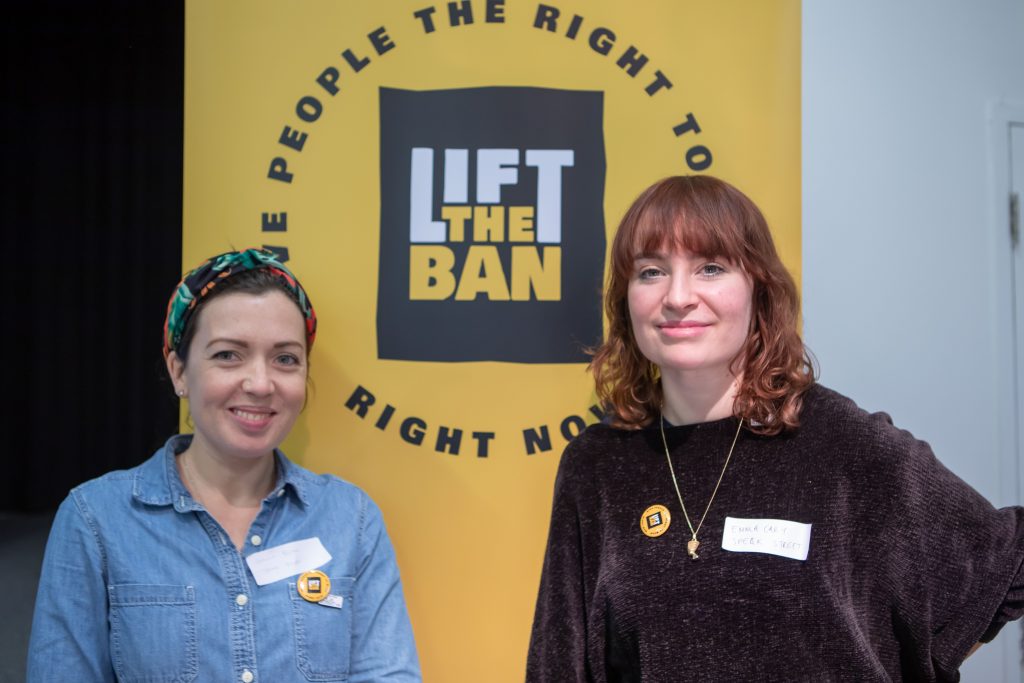
London: the bustling capital city known to all as a friend to the heart, and an enemy to the bank account. From extortionate renting rates to frustratingly high transport costs, it is clear that burning through one’s cash is as inherent a part of London life as over-packed tubes, scabby pigeons, and the shared animosity between commuters.
For many of us, sticking to our budget seems like an impossible task; one “quick pint” with friends later, and our planned weekly expenditure is blown. At times we praise ourselves on our saver-savvy ways, such as choosing cheaper supermarket brands over upmarket competitors. However, once we add our gym, Netflix and Spotify membership fees to our general living costs, we quickly come to realise that we aren’t the thrifty-scrimp wizards we thought we were.
It is thus for this reason that we at Speak Street decided to investigate how possible London-living truly is for asylum-seekers, given the fact they are expected to live off solely £5.39 a day (roughly £37.70 a week) with no room for negotiation. Although this figure does not include rent, this does cover EVERYTHING ELSE; food, transport, phone, the odd gift for friends for special occasions, a drink with a friend, prescription costs and a dental bill.
In order to do this, we set ourselves a challenge: to spend no more than £37.70 for the week, whilst trying to maintain as much as our normal life as possible.
We asked ourselves: could we manage this? How much would our daily lives be altered as a result?
Sunday 10th March: The Problem of Subscriptions.
In order to maintain the spirit of the challenge, we suspended our monthly subscriptions for the duration of the experiment. For me, this meant saying a sorrowful adieu to my Netflix, Spotify, my adopted dolphin Sparkle, as well as monthly donations to other NGOs including Concern Worldwide, Centrepoint, and Barnardos.
Our phones were a more complicated issue; we were aware of the fact that our £20 a month phone bill was most likely more than most asylum-seekers would be able to afford. We decided then to only use basic functions such as texting and calling, and paid close attention to how much a text or call would cost with our provider on a pay-as-you-go tariff. As much as we could, we also avoided using WiFi at home.
Through this exercise, not only did we lose great sources of entertainment for dreary commutes, we also came to realise how restrictive this budget actually is when only the bare essentials can even be considered.
- Written by Emma Cary




Social